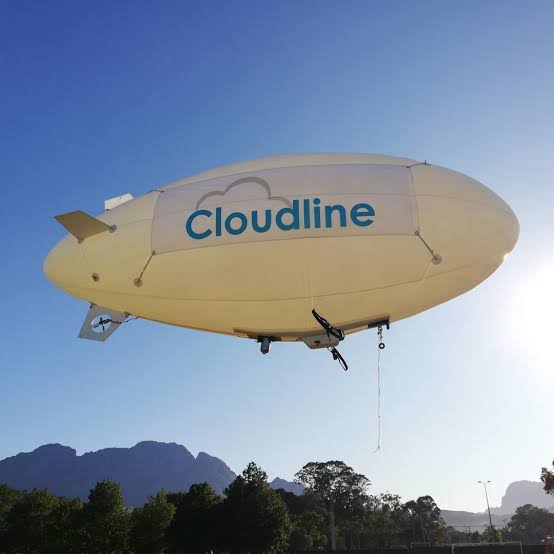The Raba Partnership, 4Di, Enza Capital, and Schmidt Futures, a charity started by Eric and Wendy Schmidt, gave the local deep tech company Cloudline money to build and fly the first three deployments of its autonomous airship.
South African rules have already given the plane the green light.
Cloudline wants funding to launch its first three self-driving airships.
These airships will change air travel in busy and inaccessible regions. The company plans to build significant projects internationally in Africa. Cloudline CEO Spencer Horne is excited to provide greener, better, and more widespread airborne autonomy.
The game’s unit economics change with their airships.
Drones are not as good as Cloudline’s airships. Solar batteries and motors save energy. Airships can stay in the air for hours or even days to look at things from above. Commercial drones can carry 10 kg, but airships can carry 100 kg. Monitoring and operations for the last mile are cheaper, especially in places with bad infrastructure.
Read also: NIMechE, others to establish electric car assembly plants in Nigeria
Why the Investors Invested
Cloudline owners invested for several good reasons. The company’s strategy to revamp aerial applications matches the growing need for tracking and last-mile logistics. Cloudline’s autonomous airships could alter the economics of large-scale tracking and logistical operations.
Owners know autonomous airships could impact many sectors. Airships have multi-sensor payloads and high-resolution imagery. This provides precise data for infrastructure tracking, mapping, surveying, environmental data collection, and animal management. These features beat ground monitoring and helicopters. Their solution is cheaper and greener.
Cloudline’s focus on Africa’s infrastructural issues, which raise monitoring and last-mile shipping costs, also appeals to investors. Cloudline can overcome these difficulties by launching its airships in Africa first, enabling global deployment and scalability.
Cloudline: A Look at It
Spencer Horne, a mechanical engineer from Harvard with a lifelong interest in aviation, started Cloudline. Horne’s work at the global management consulting firm McKinsey gave him a global view of how aerial applications can change the economics of large-scale tracking and last-mile logistics.
The business is a deep tech startup in the area. Their main markets are in Africa, where they want to use autonomous airships to solve important building problems.
Cloudline’s airships offer unique capabilities in multiple areas. In infrastructure tracking, airships are a quick and cheap way to check high-voltage transmission lines, especially in hard-to-reach and remote places. In mapping and surveys, airships can map a large area with 20 times more detail than satellites, giving real-time data that can be used for things like urban planning and precision farming.
Cloudline airships also collect environmental data. They use sensors to measure air, water, and land quality to improve climate efforts. Airships can collect data without disrupting people or wildlife. The airships monitor wildlife in their natural habitats, map their movements, and alert the government to unlawful acts like poaching and deforestation.
The government of South Africa has already approved Cloudline’s aircraft, and they are currently or soon will be in use in Kenya, Namibia, South Africa, and Mozambique. In partnership with groups like the World Food Programme, these deployments include the transfer of medical supplies, the reverse logistics of diagnostics, and emergency connectivity projects in remote areas.




